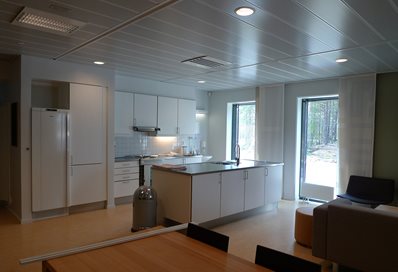
Protest networks and the Pitchford Inquiry
Raphael Schlembach
Internally Funded from ‘Rising Stars’ Award
The Rising Stars Initiative has been running since 2013. Up to ten awards of up to £10,000 each are offered every year to assist researchers in gaining experience of managing and leading their own research projects.The scheme is a university-wide initiative, and applications are invited from academic and research staff from all Schools. Rising stars may be at any stage of their academic career, but priority is given to researchers at the start of their career. Awards are made on the basis of merit and are awarded by a university panel of research experts.
A Rising Stars award is part of a proactive support programme for our new researchers.
Last year’s Rising Stars Awards went to Lizzie Ward for her project on ‘Going it Alone’ investigating the experiences of older people self funding their care which has successfully fed into her Wellcome Trust bid. Aidan McGarry was also awarded a Rising Stars award for project ‘Romaphobia’ which equally supported his current AHRC project.
“I will tell you something of my own”
Helen Johnson
The aims of this project were:
- To explore the everyday lives, thoughts, competences and challenges of people who live with dementia
- To educate the general public about dementia, dementia care and the continuing humanity of those who live with dementia
- To help combat the stigma around dementia
For more information please follow this LINK

Designing Healthy Prisons for Women
Yvonne Jewkes
This project brings together expertise in prison planning and design (Professor Yvonne Jewkes, University of Brighton), women’s health, illness and experience of trauma (Professor Gillian Bendelow, University of Brighton), and women’s imprisonment (Dr Serena Wright, Royal Holloway University of London) and Dr Melanie Jordan (University of Nottingham) to look at what should be the guiding principles of ‘gender-responsive’ design for women’s prisons.


Rehabilitation by design: Influencing change in prisoner behaviour
Yvonne Jewkes, Hannah Thurston
The decision made in the EU referendum has undeniably changed the contours of political debate in the UK. However, while the Government negotiates the conditions of ‘Brexit’ we simultaneously continue to face a crisis in our prison system. Before the referendum the Government made clear that our prison system is failing, and it still is. Our prisons have been left to languish, as if they and the people they house are beyond redemption. Hidden behind high walls and razor-wire topped fences, prisoners have become objects to be feared, warehoused and ultimately forgotten. More often than not, current structures and processes actively stifle the initiative, innovation and creativity of staff and prisoners alike. It is time to reassess the effectiveness of such an approach, and the Prisons and Courts Reform Bill provides the perfect opportunity to do so.






